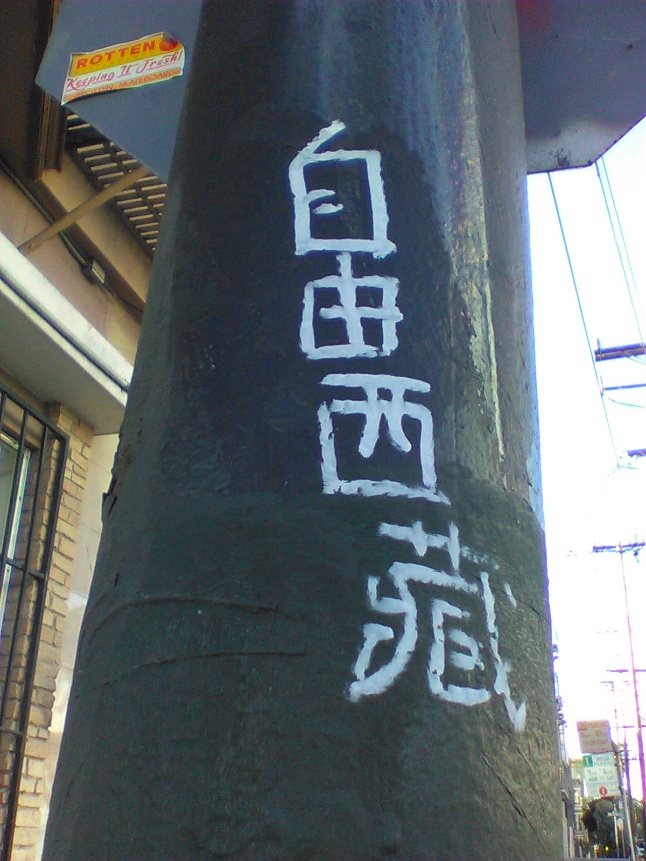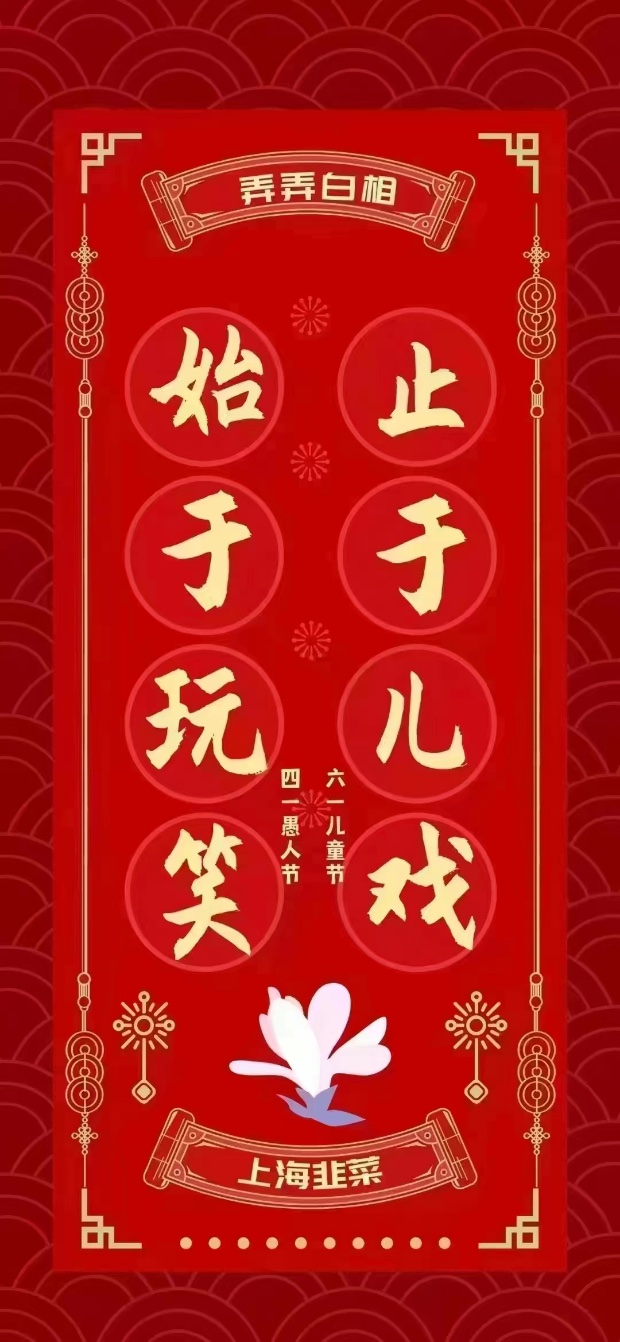Conspiracy (theories)
This is a guest post by Breffni O'Rourke.
In the last couple of years I've noticed people using "conspiracy" where what makes more sense (to me anyway) is "conspiracy theory". Liz Cheney's concession speech had three instances of it:
1. "At the heart of the attack on January 6 is a willingness to embrace dangerous conspiracies that attack the very core premise of our nation."
2. "If we do not condemn the conspiracies and the lies, if we do not hold those responsible to account, we will be excusing this conduct, and it will become a feature of all elections."
3. "Donald Trump knows that voicing these conspiracies will provoke violence and threats of violence."
Read the rest of this entry »



